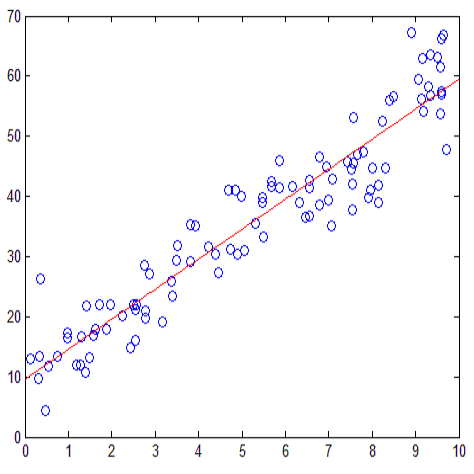Convolutional neural networks (CNNs) provide flexible function approximations for a wide variety of applications when the input variables are in the form of images or spatial data. Although CNNs often outperform traditional statistical models in prediction accuracy, statistical inference, such as estimating the effects of covariates and quantifying the prediction uncertainty, is not trivial due to the highly complicated model structure and overparameterization. To address this challenge, we propose a new Bayesian approach by embedding CNNs within the generalized linear models (GLMs) framework. We use extracted nodes from the last hidden layer of CNN with Monte Carlo (MC) dropout as informative covariates in GLM. This improves accuracy in prediction and regression coefficient inference, allowing for the interpretation of coefficients and uncertainty quantification. By fitting ensemble GLMs across multiple realizations from MC dropout, we can account for uncertainties in extracting the features. We apply our methods to biological and epidemiological problems, which have both high-dimensional correlated inputs and vector covariates. Specifically, we consider malaria incidence data, brain tumor image data, and fMRI data. By extracting information from correlated inputs, the proposed method can provide an interpretable Bayesian analysis. The algorithm can be broadly applicable to image regressions or correlated data analysis by enabling accurate Bayesian inference quickly.
翻译:暂无翻译




